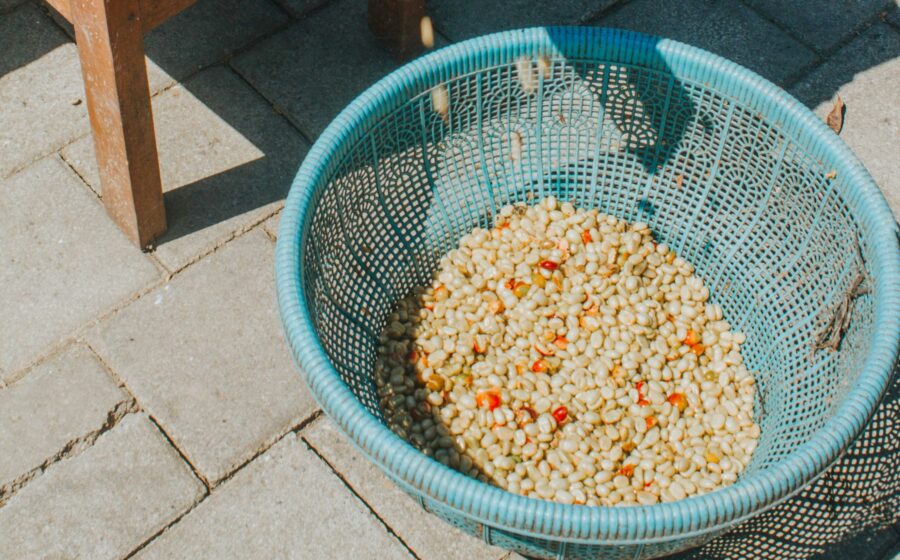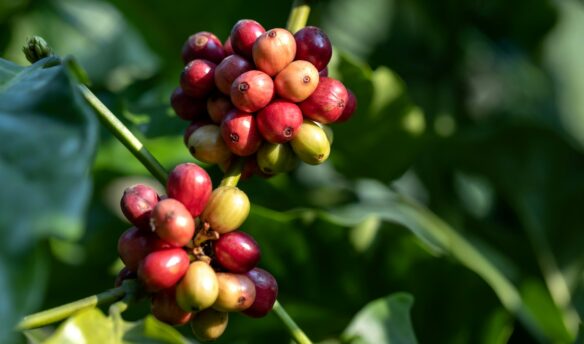✉️ This story was featured in this week’s Coffee News Club
👋 Get the Coffee News Club newsletter in your inbox weekly—sign up.
A new report from the United Nations Food and Agriculture Organization (FAO) shows how, among other things, adverse weather conditions globally, but particularly in Brazil and Vietnam, have reduced harvests and pushed the price of coffee upwards over the past few years.
“The 2021 and 2024 increases in global coffee prices were primarily driven by supply-side disruptions, stemming from adverse weather conditions,” the report notes.
In Vietnam, the world’s second-largest coffee grower, production fell 20% during the 2023-24 harvest cycle, with heat and dry weather a significant contributor. The prospects for upcoming harvests don’t look much better, according to a report by Maya Wallengren in Global Coffee Report.
Wallengren spoke with several producers who noted how much the drought and extreme heat had impacted their trees’ flowering. “The new harvest is going to be small again because most of the growers have suffered from the drought and did not have good conditions for flowering, so there is very little fruit on the trees,” farmer Ho Quoc Huy said.
Many coffee trees seemed to have cherries only on the bottom third of their branches, Wallengren reports. “After the drought, we got the very hot weather that burned the leaves and left most of the trees defoliated,” another farmer, Tina Trinh, said. While they didn’t die, it will take time for those trees to recover.
Experts estimate that Vietnam’s upcoming harvest will be down around 10%, with production further impacted by farmers switching to other, better-paying crops like pepper or durian. “Compared to previous years farmers are in no a hurry to sell because today everybody has other incomes from durian, pepper, or other crops, so they don’t rely on coffee only,” Trinh said.
“In Brazil, dry and hot weather conditions led to successive downward revisions to the 2023/24 production forecast, with official estimates shifting from an anticipated 5.5 percent year on year increase to a 1.6 percent decline,” the FAO report says. “After a slight decline in October, concerns about the impact of adverse weather on the 2024/25 crop in both Brazil and Viet Nam underpinned a sharp price increase in November and December.“
Read the report from the FAO here and Maya Wallengren’s article for Global Coffee Report here.
















